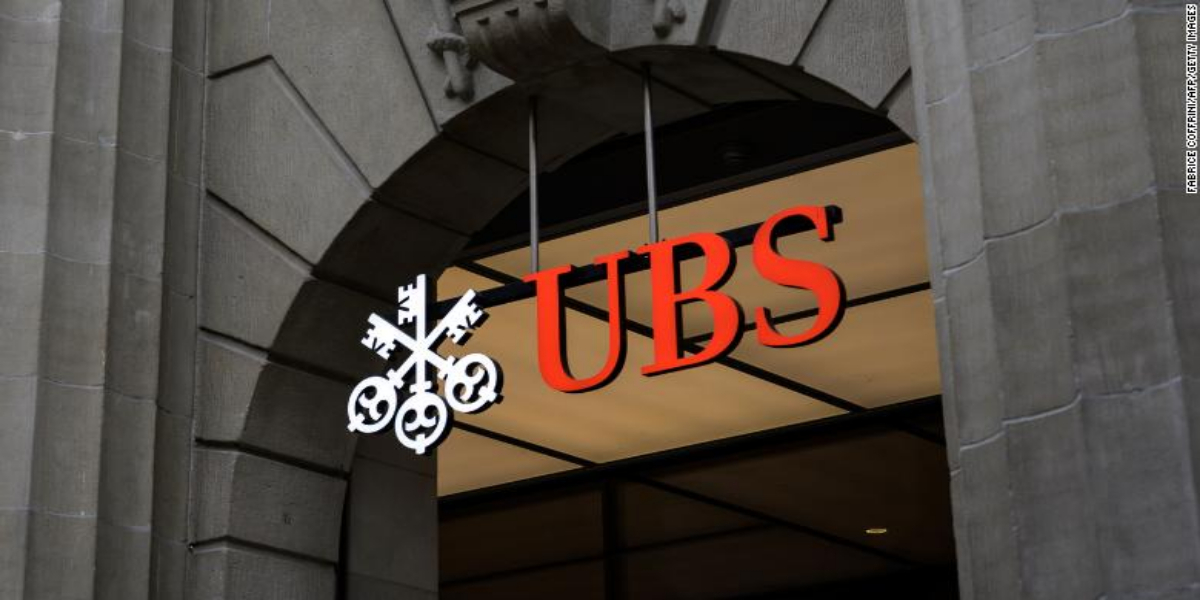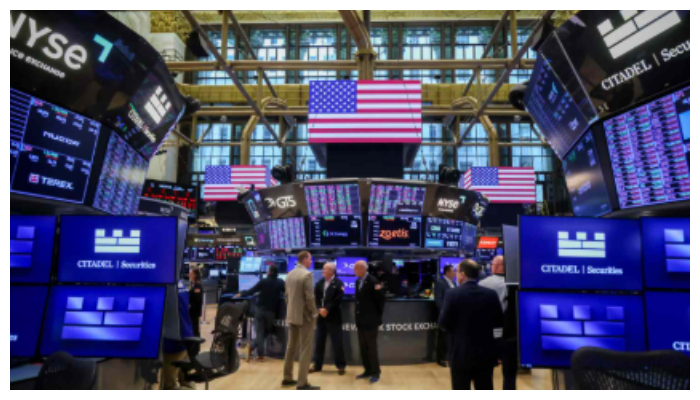Sung Kook “Bill” Hwang, the founder of Archegos Capital Management, was arrested on fraud charges on Wednesday morning, roughly a year after the investment firm’s stunning meltdown sent shockwaves across Wall Street.
Prosecutors have charged Hwang and Patrick Halligan, the firm’s chief financial officer, with racketeering conspiracy, securities fraud, and wire fraud as part of a scheme to “illegally manipulate” the price of publicly traded securities.
According to investigators, the suspected fraud increased the portfolio of Archegos, a family firm, from $1.5 billion to a stunning $35 billion in just one year.
Hwang was also accused by the Securities and Exchange Commission with orchestrating a “massive market manipulation scheme” that resulted in billions of dollars in damages.
“Bill Hwang is completely innocent of any wrongdoing; there is no evidence that he committed any crime, let alone the wildly exaggerated charges that pervade this indictment,” Hwang’s lawyer, Lawrence S. Lustberg, said in a statement to a foreign news channel.
Mary Mulligan, Pat Halligan’s attorney, stated, “Pat Halligan is innocent and will be exonerated.”
On Wednesday morning, Hwang and Halligan were both arrested at their houses.
In charging documents, prosecutors claimed that Hwang, Halligan, and their co-conspirators used Archegos “as an instrument of market manipulation and fraud, with far-reaching consequences for other participants in the United States securities markets, companies whose stock prices they manipulated, innocent Archegos employees whose savings they gambled, and financial institutions left holding billions of dollars in losses.”
Archegos Capital Management, a previously unknown entity, crumbled in March 2021, triggering a fire sale in the stocks of the firms on which it had bet.
UBS and Credit Suisse, two Wall Street banks that lent billions to Archegos, have lost at least $10 billion.
The episode shed light on not only the high-risk leverage given to market participants, but also the hidden hazards within the financial system linked to family offices, which are exempt from the same disclosure requirements as other investment businesses.
Prosecutors claim that Hwang misled investors into believing that the values of assets in the Archegos portfolio were determined by normal supply and demand when, in fact, they were “the artificial product of Hwang’s manipulative trading and deceptive conduct that caused others to trade.”
Prosecutors allege that Archegos executives made “materially false and deceptive” claims about Archegos’ securities portfolio to top investment banks and brokerages with Hwang’s “knowing and permission.”
Prosecutors said the assertions were made to “fraudulently encourage” counterparties to trade with and give credit to Archegos, as well as “conceal the genuine danger of doing business with Archegos.”
According to the US Attorney’s Office for the Southern District of New York, Hwang and Halligan pled not guilty to the criminal allegations filed against them and were scheduled to be released late Wednesday — Hwang on a $100 million bail, secured by $5 million in cash and two homes.
Halligan was scheduled to be released after posting a $1 million bond and giving up his passport. Hwang stated that he had misplaced his passport, which the office noted.
“This is exactly the type of criminal case that the Department of Justice should pursue, and we will continue to do so,” stated Deputy Attorney General Lisa Monaco of the US Department of Justice.
“This case reaffirms that when CEOs commit crimes, the actions and behavior have an impact on both businesses and regular citizens.”
“This type of criminality, the kind that leaves a financial crater in its path… puts pensions, savings, and employment in jeopardy,” she warned.
This isn’t Hwang’s first brush with the law.
After the SEC claimed that a hedge fund he formed, Tiger Asia Management, gained about $17 million in illicit profits in a scheme involving Chinese bank stocks, he pleaded guilty to one count of wire fraud in 2012.





















